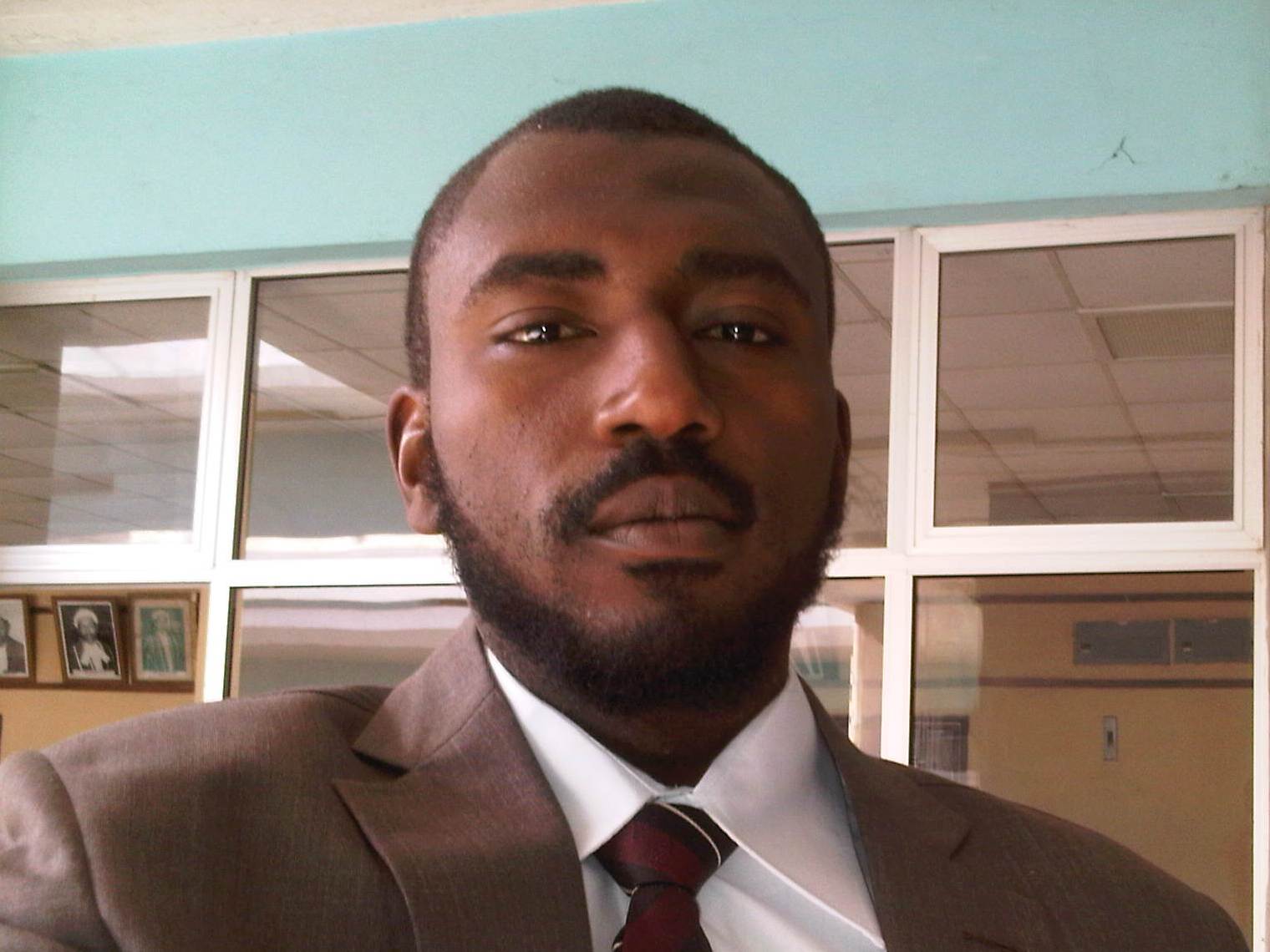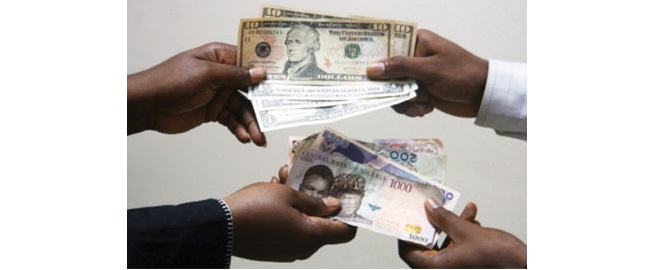By UMAR SA’AD HASSAN –
My people of the north have a saying: You can start to tell how good a Friday will be on a Wednesday. A wise person never lets what he wants to happen becloud the reality on ground.
There is nothing anyone would want more than free and fair elections this year as the polity has never been this heated. By mudslinging worth paying attention to by both parties on one hand and outright “motor-park” rants on the other. INEC remains my biggest fear – it is a confused umpire.
INEC didn’t test the card reader in elections prior to the postponed February polls and didn’t even test it before the postponement, which was just a week before the scheduled date. Was it due to insecurity? Is there a plan no one is telling us?
When Prof. Attahiru Jega was appointed and we were serenaded with tunes of his credibility and integrity, I told people we needed to tread with caution and not forget the lessons we had learned from experience. We should always bear in mind the person who appointed him is a politician with a party and political interests, whether he is smart enough to understand the importance of ceding some territories to the opposition or not.
Jega seemed fired up for the task and introduced the biometric database in place of our archaic voter registration system which, we were meant to believe, left absolutely no room for electoral malpractice. Elections were postponed for a week in 2011 because of logistical hitches on the part of INEC. Presidential election results hadn’t even been announced before the then CPC chairman, Prince Tony Momoh, alleged on TV that the INEC computers had software that deducted Gen. Muhammadu Buhari’s votes in his strongholds — places like Katsina and Kano. Whether those elections were rigged or flawed (to use a milder term) or not is subjective. We may be accustomed to settling for less, but INEC’s ineptitude and indecisiveness could be too rotten a morsel to swallow.
Just like it did with the biometric database, it has sold us the card reader with ease and, ordinarily, we would shower Jega with encomiums for further enhancing our voting system to suit international standards. But fellow citizens, 59% success rate in biometric (finger print) authentication is something to worry about, going by INEC’s antecedents.
We had a lot of time before February – years, as a matter of fact – so why anyone would choose the few weeks preceding an election to test the smart card reader baffles me to no end. Would we have blindly gone into the postponed February polls with an innovation INEC subsequently deemed worth testing? I am not a pessimist, and I am very glad smart card readers can fully authenticate PVCs, which is its primary aim. But what if we had used them in the February polls and provisions weren’t made for incident forms where finger prints couldn’t be authenticated as is the case now?
A slim margin of error only means there is room, no matter how little, for a flaw or fraud. A card reader could authenticate a card which doesn’t belong to the bearer but won’t stop him from voting if it doesn’t verify his fingerprint because all he has to do is fill an incident form.
Here, one can’t help but remember stories of politicians offering money for PVCs sometime ago.
We understand we are a Third World country and that adapting to significant changes entails a lot of mistakes, but such mistakes are unacceptable if they could have been easily avoided.
Jega’s intentions are good and commendable, no doubt. He seems to be doing the right thing at the wrong time, however. And every good innovation would amount to naught if it can’t guarantee success where it counts.
Hassan is a lawyer based in Kano.
#














